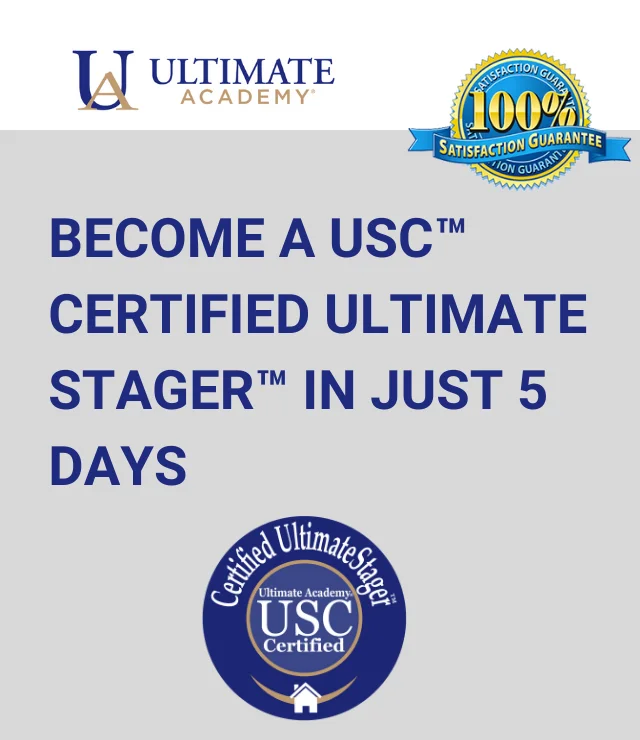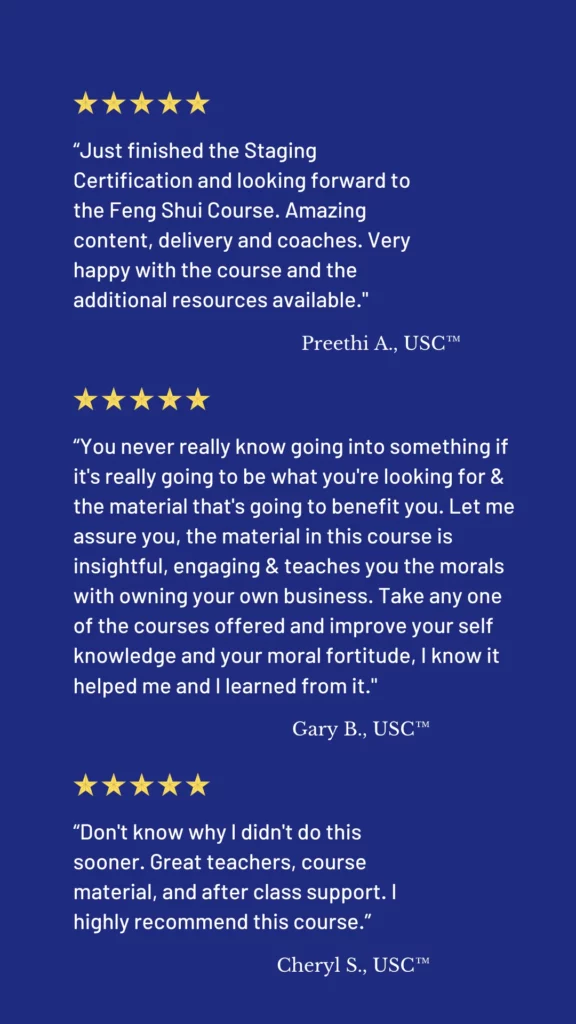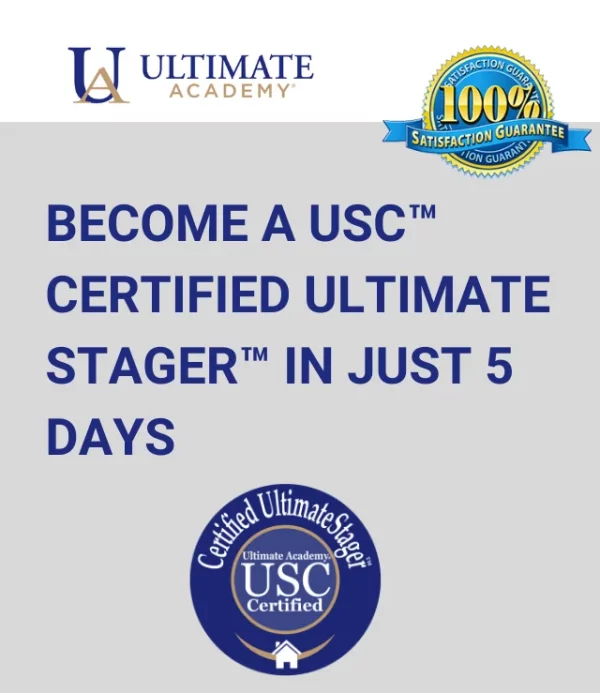How To Negotiate Successfully

Simply put, two things are sure in life: it feels like time goes faster as we get older, and successful businesses need good negotiation skills. Even if you’re not a natural at negotiating, with some training and practice, you can get really good at it.

Planning:
Understanding Client Needs: Before entering any negotiation, be equipped with a comprehensive understanding of what the client seeks. This involves meticulous study of your Pricing/Estimate/Assessment Reports, allowing you to foresee service expectations and align your offerings accordingly.
Know Your Limit: Every negotiation should have a non-negotiable boundary. Identify this “bottom price” early on. Knowing and standing firm on this empowers you during discussions.
Competitor Analysis: Familiarize yourself with competitors’ pricing structures. If you’re pricing higher, be prepared to elucidate the enhanced value or premium quality your services offer.
Strategize Compromises: Every negotiation will involve some degree of give and take. By pre-planning possible compromises, you’re better equipped to steer the negotiation favorably without appearing unprepared.
- Tip: Instead of immediately resorting to fee reductions, contemplate value additions. For instance, if you’re in the staging business, including an additional decor piece or organizing an extra space at no added cost can be a tangible value proposition for clients without significantly denting your profits.
The Negotiation
Setting the Anchor: Initiate the discussion with a quote marginally above your expected rate. This strategic padding affords room for adjustments while also subtly informing clients of the worth you place on your services.
The Power of Listening: A successful negotiator doesn’t merely push their agenda; they actively listen. Understand the client’s underlying concerns and requirements, and you’ll find avenues for mutual benefit.
Reading Non-Verbal Cues: It’s said that actions speak louder than words. This is particularly true in negotiations. Being attuned to a client’s body language – be it subtle discomfort or enthusiasm – can offer invaluable insights.
- Tip: Tailor your offers based on gleaned insights. If a client is fixated on obtaining a “deal,” consider introducing a temporary promotional rate or package adjustments to resonate with their specific requirements.

Closing the Sale
Create Urgency: Subtly hint at reasons the client should decide swiftly. This could be due to an ending promotional rate or a busy upcoming schedule that might limit availability.
Build Genuine Relationships: Beyond mere transactions, aim for connections. Authentic interactions breed trust, often leading to prolonged business associations.
Showcase Your Prowess: It’s one thing to state your worth, another to demonstrate it. Share anecdotes, show past results, or offer industry insights that underline your expertise.
Navigating Rejections: A ‘no’ isn’t necessarily the end. View it as an invitation to explore alternative solutions. Return to your pre-planned compromise strategies and find a middle ground that satisfies both parties.
- Tip: Confidence can be your most significant asset. If you’re uncertain about your negotiation prowess, practice is key. Role-playing scenarios with colleagues or rehearsing your pitch can significantly bolster your negotiation confidence.
In short, negotiation isn’t just a business strategy; it’s like an art. Your business’s success depends on how well you can show your value, understand what others need, and be flexible with your offers. With good preparation and regular practice, anyone can get really good at negotiating.






















